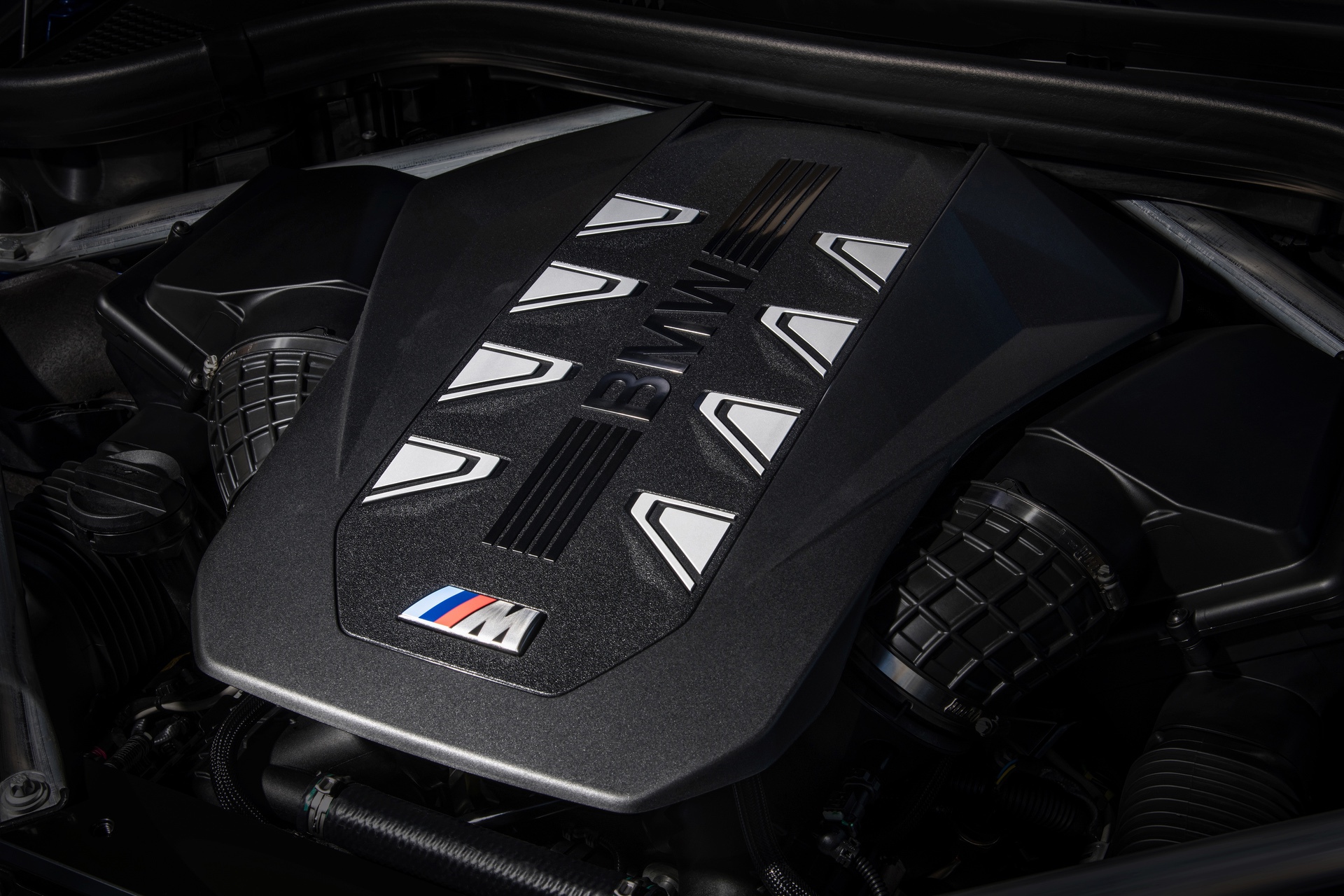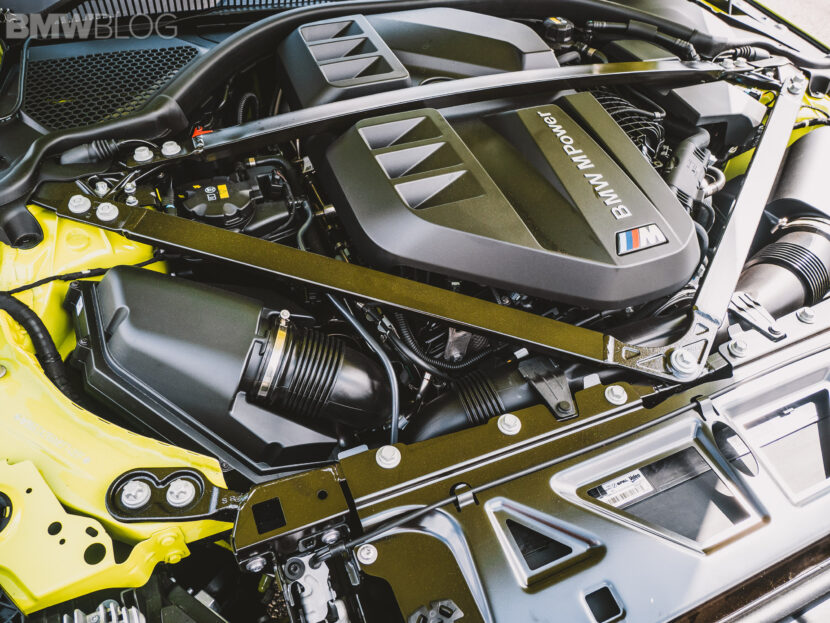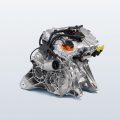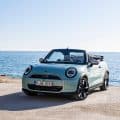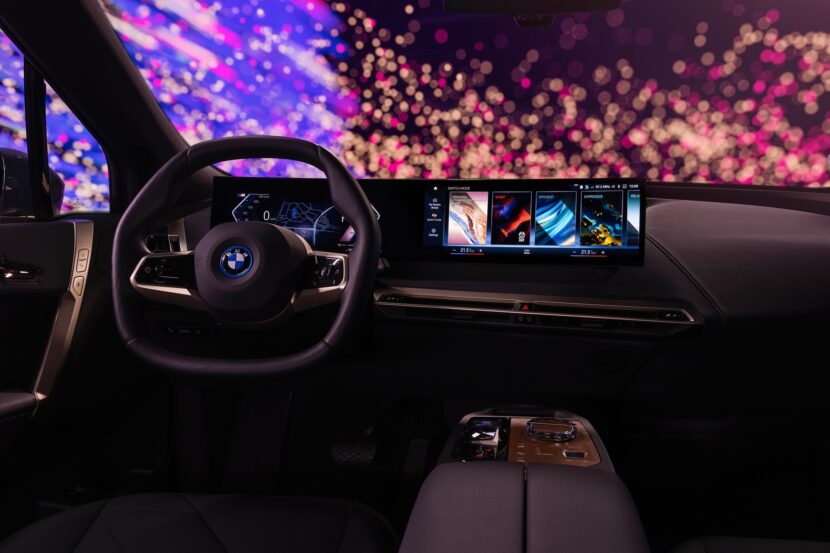The BMW Group’s Annual Press Conference signaled an electric onslaught with the i5 Sedan and iX2 coming this year followed by the i5 Touring in 2024. By 2028, the automaker intends to have at least six dedicated EVs on the Neue Klasse platform. Meanwhile, MINI is about to introduce the second-generation Cooper SE and an electric Countryman, with a smaller Aceman crossover slated to arrive in 2024 strictly as an EV.
Even if the BMW Group projects over half of its annual sales will be EVs by the end of the decade, the internal combustion engine will still play a major role for the foreseeable future. Speaking with members of the press, Chief Technology Officer, Frank Weber, expressed his confidence about why sticking with both types of propulsion is the solution:
“We are fully convinced that the fact that the coexistence of the best [internal-combustion engine] offerings and the best battery-operated offerings is something for the next 10 years that is going to make BMW really strong.”
To that end, Frank Weber went on to mention the electric sedan debuting on the Neue Klasse architecture in 2025 will not spell the end for the conventionally powered 3 Series even if the i3 (name not confirmed) will be in the same segment. He explained that being present in both ICE and EV sides of the class is “something that makes BMW so strong.”
Back in August 2022, we reported on BMW’s intentions of developing a next-generation 3 Series with combustion engines on an updated CLAR platform. Our sources have told us the sedan already has a codename (G50) and will be joined by a Touring (G51). It means the current G20 and G21 models will have an unusually long life cycle.
It also implies the German luxury brand believes it’s too premature to kill off the ICE-powered 3er, deciding instead to sell the gasoline and diesel model alongside an EV for many years. If the G50 and G51 are indeed coming in 2027, we expect BMW to sell the cars well into the 2030s.
Source: Drive.com.au


